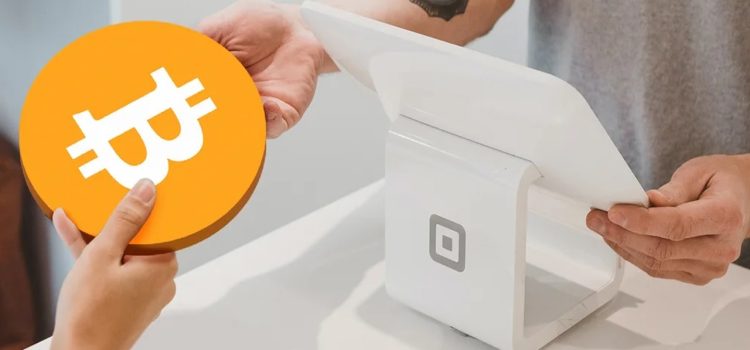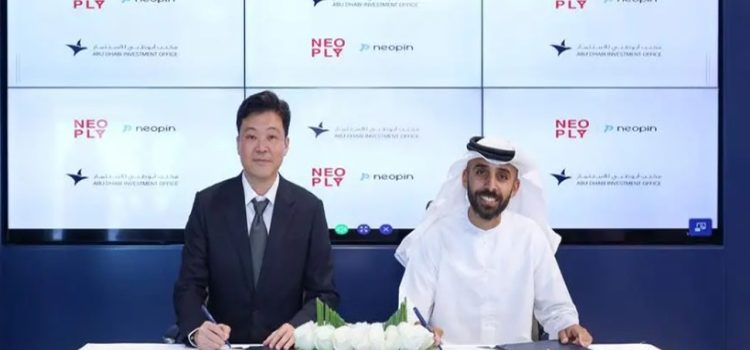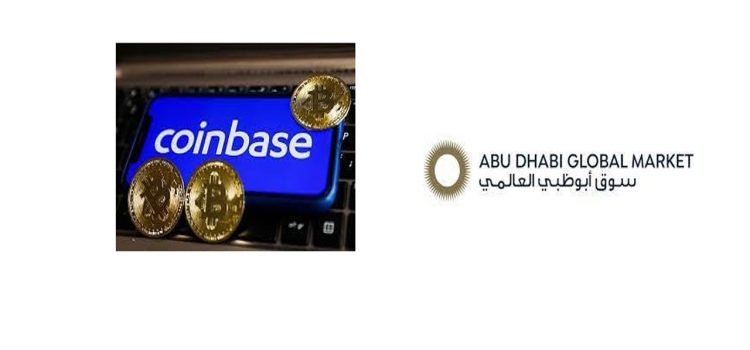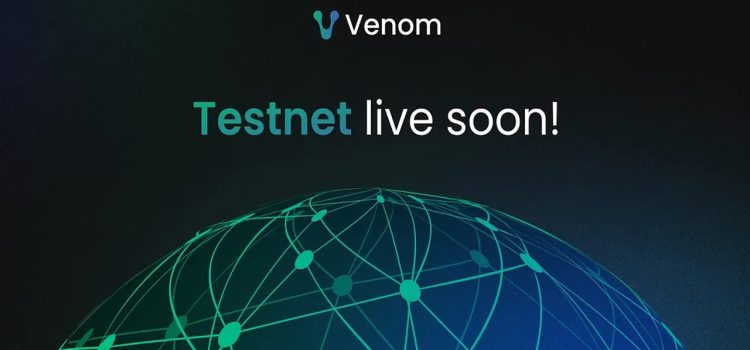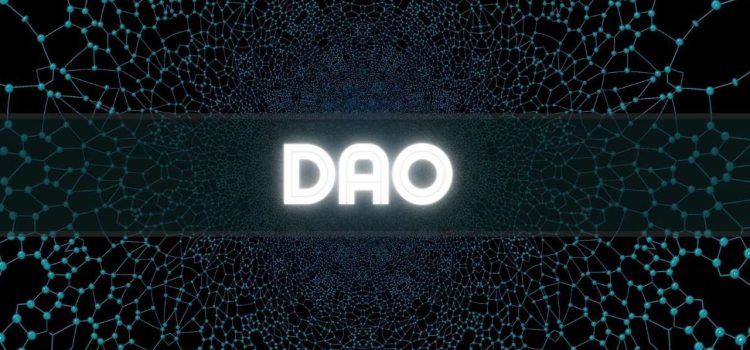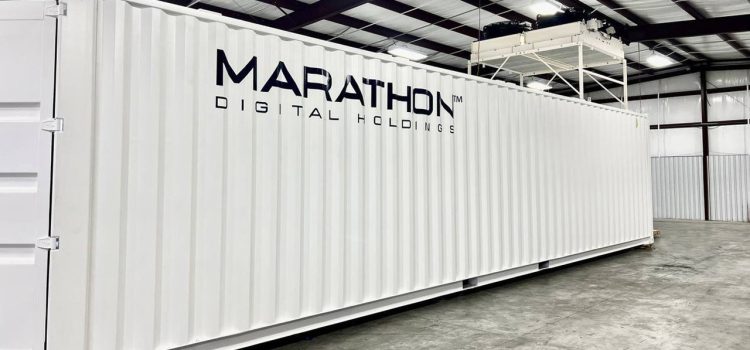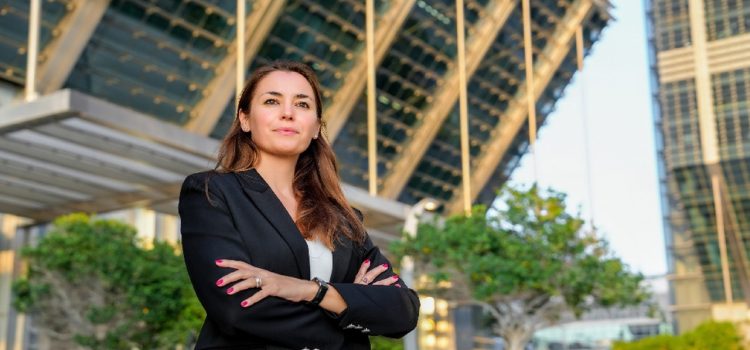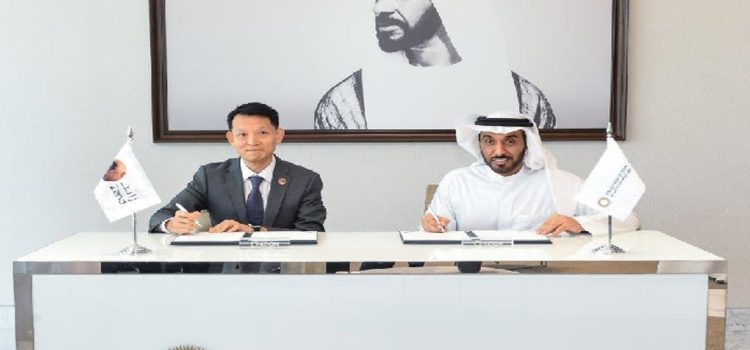South Korean blockchain companies are establishing their headquarters in the UAE, Neoply a blockchain DeFi solutions provider announced that it will be opening its global headquarters, under the name H Lab in Abu Dhabi UAE with the support of Abu Dhabi Investment Office.
NEOPLY is joining ADIO’s Innovation Programme, which supports the growth of tech-focused industries in the UAE capital. NEOPLY provides a decentralised finance (De-Fi) platform and various services based on blockchain technology. Its global headquarters in Abu Dhabi Global Market (ADGM) will be called H-Lab and benefit from the international financial centre’s advanced regulatory framework and thought leadership in the virtual assets space.
The opening of H-Lab follows discussions between ADIO and Neowiz Holdings, the parent company of NEOPLY, about establishing its blockchain activities wholly from Abu Dhabi and benefiting from ADGM’s robust regulatory framework that enables effective blockchain and digital assets innovation.
Abdulla Abdul Aziz AlShamsi, Director-General of ADIO, stated, “Abu Dhabi’s enabling environment, coupled with the availability of world-class infrastructure and skilled talent, has positioned the UAE capital as a leading destination for investment in the Middle East. NEOPLY joins a wave of other innovative South Korean companies choosing Abu Dhabi as the catalyst for their next growth phase. They are joining a thriving innovation ecosystem and bringing new ideas and solutions to life in the UAE capital.”
Founded in 2018, NEOPLY is the blockchain arm of Neowiz Holdings, a prominent South Korean gaming venture which recently also opened its headquarters in UAE. The company will create specialised jobs in blockchain technology and further add to the sector’s development in the UAE capital and beyond. H-Lab will also work with Abu Dhabi universities to develop programmes and scholarships related to blockchain, Web 3.0, and De-Fi.
Jinho Park, Chief Operating Officer of NEOPLY, stated, “With ADIO’s support, we are establishing our global headquarter in the heart of Abu Dhabi, which fills us with great anticipation for our financial innovation in the Middle East.”
He emphasised, “With the active support of ADIO, the collaboration with ADGM, and the infrastructure of Abu Dhabi, we are committed to setting new standards in the global blockchain industry.”
NEOPLY’s H-Lab will work with ADGM to support its development of a sound and progressive regulatory framework for DeFi, to become one of the first regulated DeFi providers in the world.
The Korean blockchain company is looking to participate in the ADGM’s Digital Lab and collaborate closely with ADGM’s Financial Services Regulatory Authority (FSRA) to build a framework for the DeFi industry that both mitigates risks to consumers and the financial industry and lets new business models develop that can improve consumers’ experiences and outcomes.









